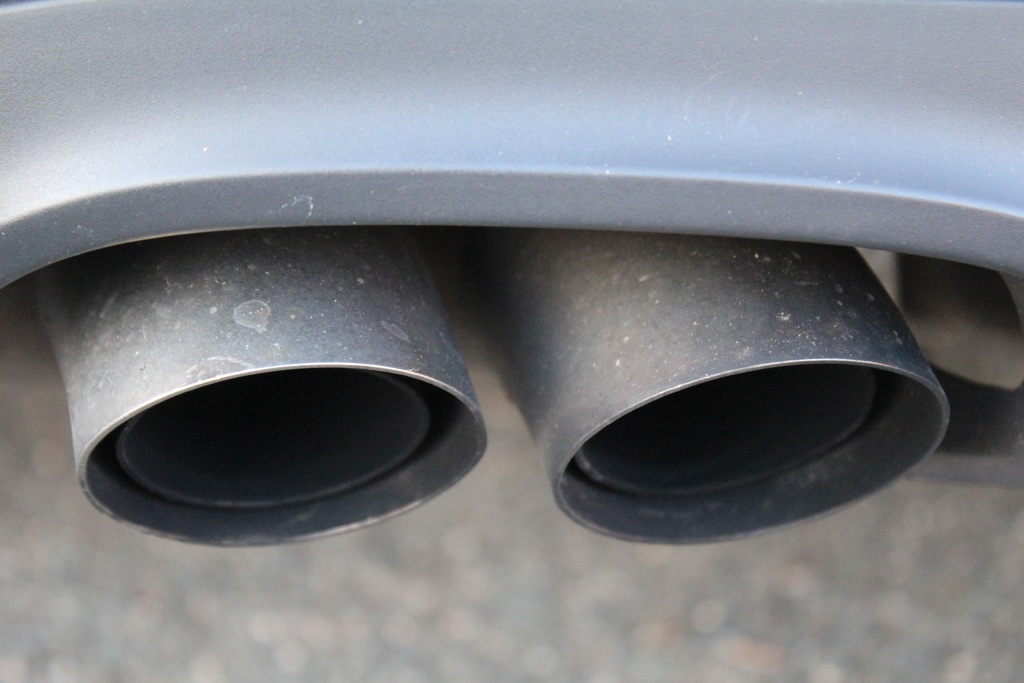EU wants to reduce car emissions by 40%

Europe’s assembly voted in Strasbourg on Wednesday to press for a 40 percent drop in CO2 emitted by new cars and vans by the end of the next decade as part of its negotiating stance ahead of the latest round on talks on implementing the 2015 Paris climate change deal.
The 40 percent target agreed in the European Parliament was a compromise between environmentalist lawmakers who had wanted a cut of up to 70 percent and industry lobbyists who argued such goals were not feasible. It’s also a more stringent target than the one proposed by the European Commission.
Car emissions have become a big issue in Europe since Volkswagen’s scandal in September 2015 in which it admitted to rigging diesel engines to cheat on U.S. emissions tests. That led to a wide-ranging examination of all diesels—and the discovery that many of them emitted far more pollutants on the road than in testing. There was talk of banning older diesels from some cities, and of ending the subsidies for diesel fuel that helped propel sales.
EU environment ministers will discuss the issue at their meeting next Tuesday with a final decision not expected before December.
The position of Germany will be crucial. So far, the coalition in the EU’s biggest economy had backed the more modest target set by the EU Commission.
The Secretary General of the ACEA European car producers group, Erik Jonnaert, said that “40 percent is in our opinion, over the top” adding that the Commission agrees with them that “everything beyond 30 percent is going to create major social implications.”
Experts say that to lower emissions substantially, manufacturers will have to sell more hybrid and electric cars. So far, consumers are hesitant to buy electrics due to worries about their battery range and the availability of recharging stations.
The German Association of the Automotive Industry, which represents leading automakers like Volkswagen and BMW, accused the European Parliament of setting “completely unrealistic targets.”
“It is ignoring the technical and economic feasibility” of the proposal, chairman Bernhard Mattes said in a statement. “It will not be possible to implement the targets in this timeframe,” he added, arguing that lawmakers risked endangering jobs in many European countries.”

